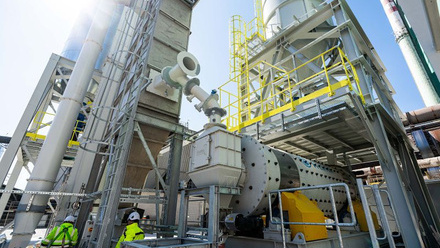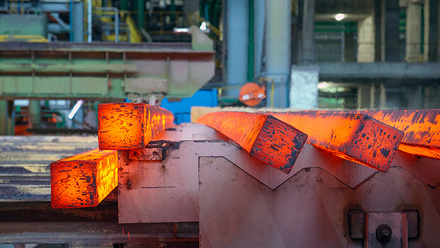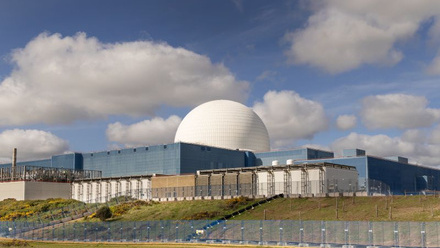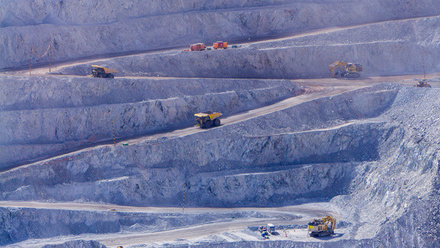£9mln UK project to reduce abandoned metal mine pollution
A £9mln mine water treatment scheme aims to reduce harmful metal pollution in rivers is nearing completion in the North East and Cumbria .
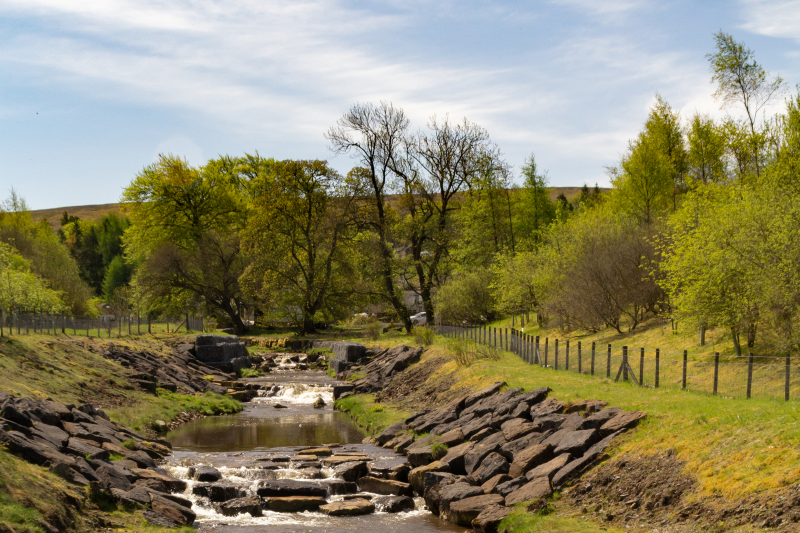
The Environment Agency and Coal Authority started construction on Nent Haggs Mine Water Treatment Scheme three years ago to address the polluting legacy of the industrial revolution.
The River Nent – a tributary of the River South Tyne which ultimately flows to the River Tyne and then the North Sea – is the most metal polluted river in northern England with very high concentrations of cadmium, lead and zinc.
Nent Haggs is a nature-based treatment scheme that will remove the metals from the mine water before they get into the river.
The polluted water will reportedly be captured where the water comes out of the mine in Nentsberry and pumped to the treatment scheme through a 2.5km long underground pipeline.
The metals will be removed by passing the polluted water through the treatment ponds and reed beds at West Foreshield before the treated water is put back into the River Nent.
The ponds contain a layer of material made of limestone, wood bark and straw in which natural bacterial reactions capture the cadmium and zinc that are polluting the river.
It’s expected that when the scheme is fully operational in early 2024, it will remove over 90% of these metals from the water.
The project also includes a new nature reserve, created in partnership with the Tyne Rivers Trust and Northumbrian Water Group.
The work is part of the Water and Abandoned Metal Mines (WAMM) Programme, which tackles water pollution caused by historical metal mining across England, and has been funded by the Department for Environment, Food and Rural Affairs (Defra).


